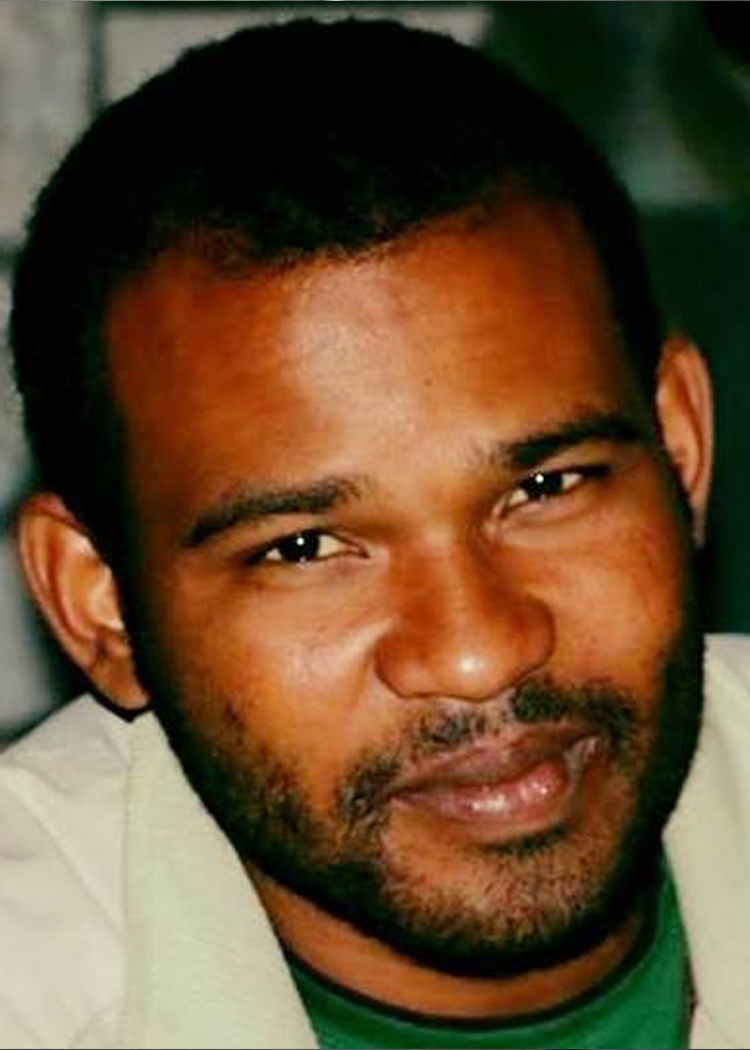Originally, it was a temporary closure model for octopus – a fast-growing species frequently caught by small-scale fishers in southwest Madagascar – that catalysed community engagement in the management of their resources. Experimentation with temporary closures in one village has improved the size and yield of catches and the livelihoods of small-scale fishers. Encouraged by exchange visits, the model sparked interest in more ambitious coastal management efforts, leading to the creation of the Velondriake LMMA in 2006 (gazetted a Marine Protected Area by the state of Madagascar in 2015), which many other communities have replicated. The LMMAs, united by the MIHARI Network, now cover nearly 20% of Madagascar’s coastline.
Isolated coastal communities face many challenges – poverty, limited access to formal education and health care, and a general lack of infrastructure. Testing and adaptation, capacity building and partnership building take time. But these carefully developed LMMAs ensure sustainable marine management by the people who most intimately know the sea and depend on it for survival, following a human rights-based approach, benefiting people and nature alike.
Since the launch and expansion of the temporary closures, many other models have been tested in Velondriake, following the same learning cycle: listen, plan, do, review, adapt, share. So where do these models stand today?
- Data collection on fishing catches, monitoring of permanent reserves and reforestation and protection of mangroves is carried out by community volunteers to inform and support the implementation of adaptive and sustainable management measures. Since 2020, a community science team has been trained in coral reef and seagrass ecological monitoring to undertake most of the ecological monitoring in Velondriake and to support neighbouring LMMAs in participatory mapping of marine habitats.
- A study found that after six years of protection, there was almost three times more fish biomass in the Velondriake permanent reserves than in the control sites where fishing was allowed (in one reserve, the biomass was 6.5 times higher). At the start of the study, the reef was severely depleted, making these results particularly impressive. In 2020, the Velondriake communities decided to increase the total area of their permanent reserves by 59%.
- A participatory and representative process (broad consultations and data feedback, elections of association leaders by direct universal suffrage) was gradually put in place to update and develop customary laws in order to consolidate collective engagement and ownership.
- Faced with the combined challenges of resource insecurity and isolation, the association has established community-led fisheries and mangroves monitoring patrols. Community patrollers liaise with local authorities to get support in the enforcement of customary law - which remains a challenge.
- A regional Octopus Management Committee has been formalised, led by all the actors involved in the sector (LMMAs, private sector, NGOs, research centre and fisheries authorities) as part of a FIP (Fisheries improvement project). The FIP aims to increase socio-economic and environmental benefits through eco-certification according to the Marine Stewardship Council (MSC) standards. Velondriake has taken up the challenge of being a certification unit, even though the MSC is formatted more for industrial and artisanal fishing than for small-scale traditional fishing.
- Models of community-based seaweed and sea cucumber farming have been developed in partnership with private companies, who provide technical training and guidance to community farmers, all of whom are self-employed. Seaweed and sea cucumber management committees have been created within the Velondriake Association, in order to prepare for their ultimate goal – autonomous management of the farms.
- Community savings and loan groups, set up with support from the NGO Catholic Relief Services (CRS), enable community members to increase their financial resilience and invest in economically profitable and environmentally sustainable equipment and activities (e.g. replacement of destructive fishing gear such as beach seines with sustainable fishing gear).
- Tahiry Honko, a conservation and restoration project of more than 1,200 hectares of mangroves, which is registered to the international Plan Vivo standard, will allow the sale of carbon credits (1,371 tons of CO2 stored per year for twenty years) on the international market. This annual income will support the local management of Velondriake and contribute to community development projects such as paying school fees and building wells, schools and clinics in 10 villages, i.e. 4000 inhabitants.
- While Velondriake is currently co-managed by the community association and the NGO Blue Ventures, a process of transferring management responsibilities is underway to enable community autonomy in all projects. The executive bodies of the two organisations meet twice a month, and the statutes of the association are being adapted to professionalise their activities.
Over the years, the LMMA approach has proven to be a cost-effective, scalable and socially acceptable solution to the challenges facing one of Africa's largest marine environments. These LMMAs are safeguarding food security, tackling coastal poverty, and strengthening resilience to climate breakdown.
In Madagascar and a dozen other countries, we are committed to support the development of LMMAs until they can autonomously act as inclusive management organisations for local fishers, negotiate with private partners, address social and economic challenges and play a crucial role in the protection and sustainable management of marine resources.
About the author

Gilde has been working with Blue Ventures since 2016, supporting coastal communities in southwest Madagascar to rebuild their fisheries. Gilde has a passion for marine conservation and brings a strong understanding and knowledge of the lifestyles and social structure of the southwest fishing communities that Blue Ventures supports. As Blue Ventures' Regional Manager in southwest Madagascar, Gilde is experienced at all aspects of socio-organisational governance in small-scale fisheries. He is an expert in the establishment of community-led associations, enabling leaders to build governance skills to support marine management.












